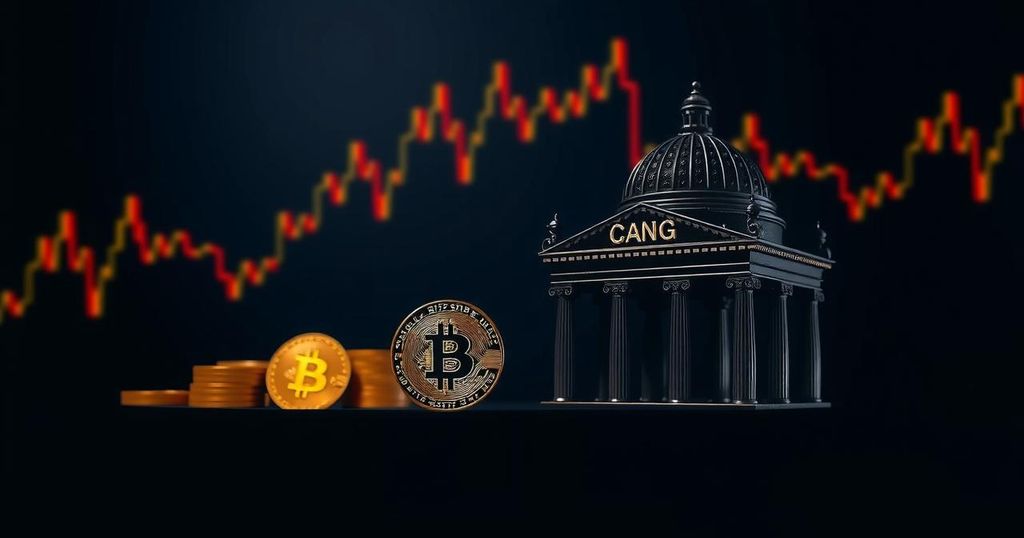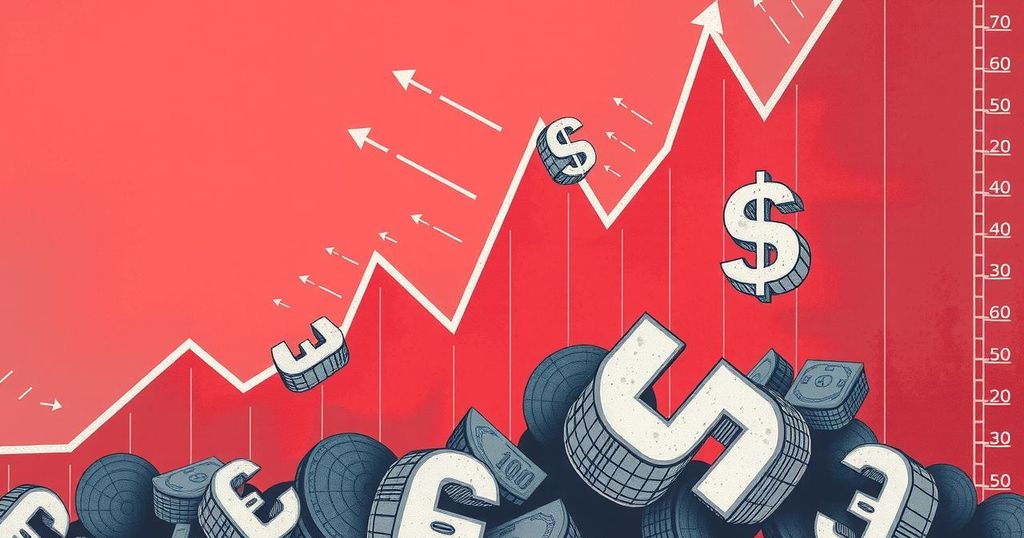Arthur Hayes Foresees Bitcoin Advancement as Central Banks Implement Rate Cuts
Arthur Hayes, co-founder of Bitmex, has articulated a highly optimistic perspective regarding the future of Bitcoin, particularly in light of the recent interest rate modifications implemented by pivotal central banking institutions. In a detailed opinion piece released this week, Mr. Hayes posits that the ongoing reductions in interest rates by the U.S. Federal Reserve, the Bank of England, and the European Central Bank signify a trend that may hasten the expansion of the money supply and elevate inflation levels.
Despite the current inflation exceeding target benchmarks, Mr. Hayes anticipates that should these monetary policy shifts persist, the implications could be profound, particularly if the United States were to enter a recession. As he succinctly states, “If the Fed is cutting rates when inflation is above target and growth is strong, imagine what they will do if there actually is a U.S. recession.”
Hayes suggests that the anticipated increase in money supply could potentially destabilize certain businesses adversely affected by inflation. However, he is inclined to view this scenario positively for Bitcoin, which possesses a finite supply and is inherently deflationary. He predicts that, as central banks expedite the creation of money, this will precariously ignite inflation, which, while detrimental to various sectors, is likely to propel Bitcoin forward significantly.
Consequently, he asserts, “They will ramp up the money printer and dramatically increase the money supply. That leads to inflation, which could be bad for certain types of businesses. But for assets in finite supply like Bitcoin, it will provide a trip at lightspeed 2 Da Moon!”
In conclusion, Mr. Hayes’ assessment underscores a connection between central bank monetary policies and the valuation of Bitcoin, suggesting that while traditional businesses may face challenges amid rising inflation, Bitcoin could emerge as a beneficiary of these changes. As this discourse develops, it invites a broader question regarding the implications of monetary policy on digital currencies and their role as a hedge against inflationary pressures.








Post Comment